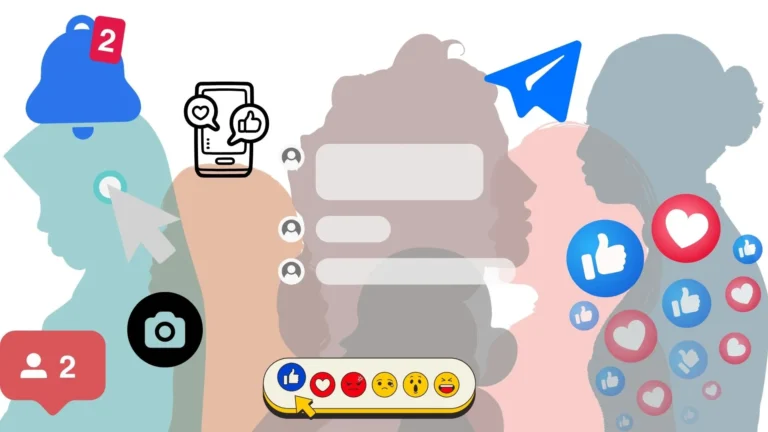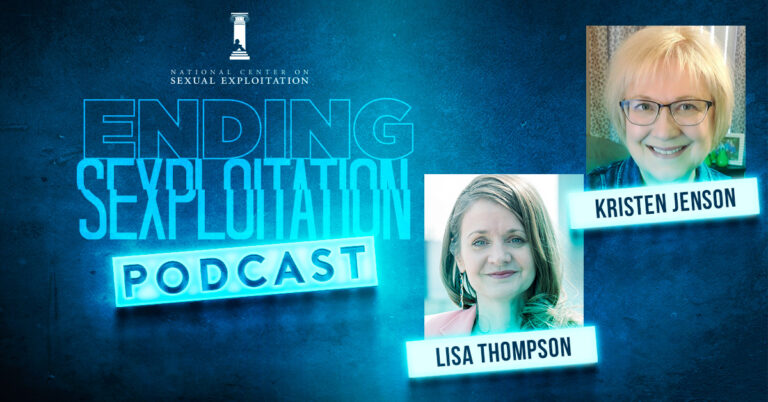We can add another voice to Team Science after Orlando Bloom spoke out strongly about the harms of pornography in an in-depth interview with The Sunday Times.
“Porn is super-disruptive to your sex life, to your libido. They’ve done the studies, they can’t find any kids who don’t watch it…It’s just so destructive,” said the 43-year-old actor.
Orlando Bloom is currently engaged to singer Katy Perry and his extensive interview with the U.K. publication came shortly after the couple confirmed that they were expecting their first child together after revealing the announcement via a new music video for Perry’s single, “Never Worn White.”
Bloom explained in the interview that his celibacy prior to dating and becoming engaged to Katy helped him realize how much more he enjoyed and appreciated building meaningful relationships with women rather than constantly thinking of them as sexual conquests.
It’s refreshing when anyone is able to break away from the twisted worldview of sexual objectification and exploitation that modern online pornography pushes incessantly. It’s even more refreshing when people are able to articulate it and encourage others to see the truth. When those people have a platform, like Orlando Bloom does, the message of science and reason can reach further in order to help more people begin to understand just how harmful pornography really is.
Science and human experience are continually converging on the consensus that a) pornography is inherently harmful and b) the modern online pornography industry is increasing both the scope and depth of those harms.
That’s why we’re encouraged by the fact that more and more people and corporations — including very recently Cardi B, Kanye West, and PayPal (among others) — are waking up to and speaking out about the exploitative realities of pornography.
The pornography of today has created an unprecedented epidemic of sexual abuse and exploitation.
Children and young people are being exposed to violent and degrading content, which by default has served as their sex education. Once a social or health issue involves problems that affect individuals or groups beyond their capacity to correct – responsibility shifts from individual accountability to holding the forces and influences that cause it accountable.
While educating individual parents to guide and protect their children is always part of any prevention plan, the problem is well beyond what individual parents and children can do to protect themselves.



